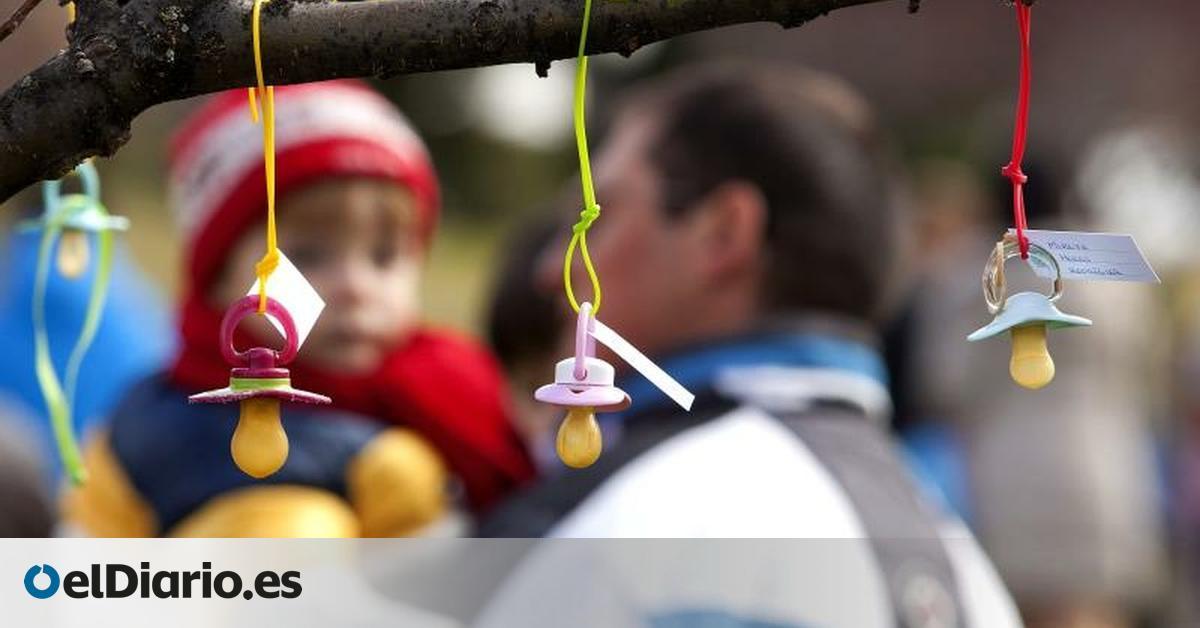
The Government is going to expand birth and family conciliation leave in 2024. Paternity and maternity leave will be extended from 16 to 20 weeks, as confirmed by the Minister of Social Rights, Pablo Bustinduy, and the eight-week parental leave to care for children during the first eight years of life will be paid to the half, that is, at least four of the weeks. Both measures will be included in the Family Law, which the Ministry wants to approve in the Council of Ministers at the beginning of the year. Then you will have to go through the parliamentary process. Therefore, the measures do not come into force at the beginning of the year but must first be approved.
These are important announcements for the Government’s social policy. The coalition agreement signed by Sumar and the Socialist Party included both measures although it did not specify that they would be implemented in the first year of Government.
Eight-week care leaves were already working in Spain but until now they were not paid. The Ministry has set the month of August as the deadline to start paying them, the time given by European legislation to do so. These permits were part of the Family Law that declined due to early elections and had to be adopted by the transposition of a European directive (2019/1158). Not being able to continue with their processing, the Ministry of Social Rights, then led by Ione Belarra, approved them through a royal decree.
The current minister intends for the new Family Law to pass through the Council of Ministers at the beginning of the year. Both measures, in principle, will be included in this law, clarify ministerial sources, who do not rule out other faster ways to carry out the extension of permits in the event that the processing is delayed. Therefore, the changes to both permits will come into effect sometime in 2024: for the first there is no date yet; In the case of the second, the remuneration will begin in August at the latest, as the minister has indicated.
The unions ask to pay the eight weeks
The UGT and CCOO unions have positioned themselves over the last year against the fact that the permits were not paid and they harshly attacked the Government for approving them with this condition. Workers’ Commissions asked this Wednesday to address the eight-week remuneration within the framework of social dialogue.
“It has been proven that unpaid leave violates co-responsibility, since it ends up falling mainly on women, but in addition, European Directive 2019/1158 of the European Parliament and of the Council, of June 20, 2019, relating to to the reconciliation of family life and professional life,” the union stated in a statement. The note sent by the Ministry of Social Rights leaves the door open to extending the weeks of remuneration although the current commitment is only four.
Another novelty of the leave for the birth of children is the possibility of making the new four weeks of leave more flexible with part-time work, an extreme that was also contemplated in the coalition agreement.
The measures that the Government promises to adopt next year allow us to continue advancing on a path that began in January 2021, when Spain became the first country in the world where mothers and fathers had the same birth leave: 16 equal weeks, non-transferable and paid one hundred percent. Two years after its entry into force, official data and research show that men are mostly taking their leave, although more fathers than mothers are fragmenting it.
Source: www.eldiario.es

